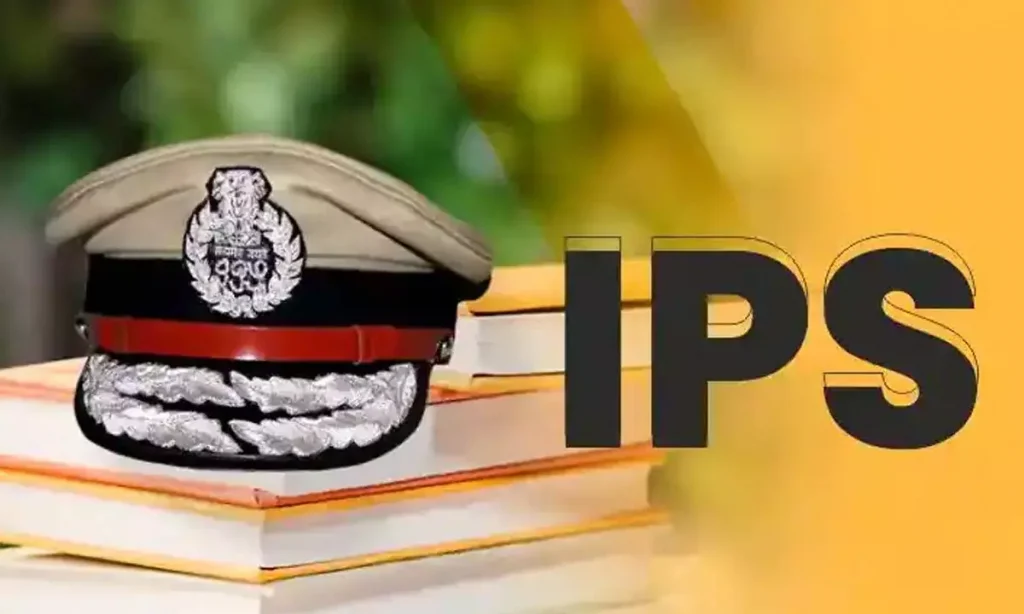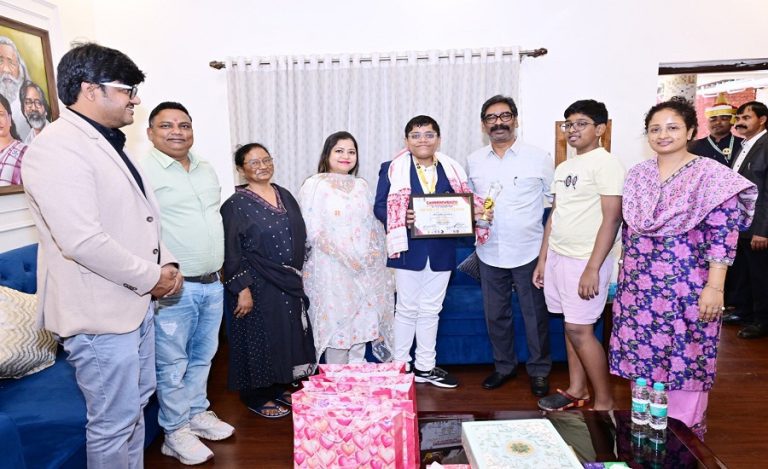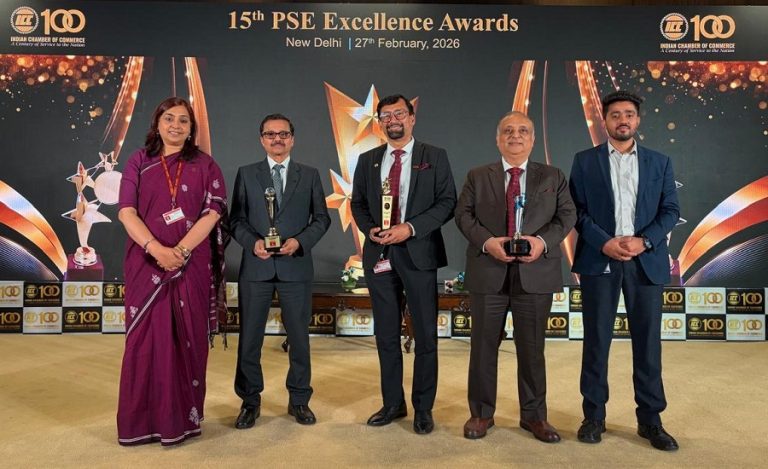In a development that has sent shockwaves across the Gujarat police establishment, IPS officer Jagdish Patel, recently sentenced to life imprisonment for kidnapping and extortion, was found to be actively involved in a high-level legal reform meeting just weeks before his conviction. The irony has not gone unnoticed—Patel was tasked with brainstorming ways to improve conviction rates in the state, even as he stood trial in a serious corruption and cryptocurrency extortion case.
The event, held on July 26 at Police Bhavan, Gandhinagar, was a one-day session bringing together senior police officials and legal experts to deliberate on securing maximum punishment for criminals in Gujarat courts.
Life Sentence in Rs. 32 Crore Bitcoin Extortion Case
On Friday, an Ahmedabad sessions court sentenced Mr. Jagdish Patel and 13 others to life imprisonment for their roles in the 2018 abduction and extortion of Surat-based builder Shailesh Bhatt. The case, which drew national attention, involved the extortion of 200 Bitcoins—valued at approximately Rs. 32 crore at the time.
Patel, then a serving IPS officer, was convicted under multiple sections of the Indian Penal Code including kidnapping, extortion, and criminal intimidation, along with charges under the Prevention of Corruption Act.
Controversial Committee Inclusion Raises Eyebrows
Despite being under trial in the high-profile case, Patel was nominated to one of four official committees leading discussions on judicial improvements. This nomination has been widely criticised by senior officials within the home department, especially since his inclusion initially placed him above Ambalal Patel, Gujarat’s Director of Prosecution.
A senior officer remarked, “It was improper to put Ambalal Patel under Jagdish Patel. A legal officer cannot be subordinated to a police officer, especially one facing trial. Only the legal department or the home minister can direct law officers, not the DGP.”
Administrative Correction Amid Backlash
Following internal dissent, the anomaly was corrected on July 24, with a revised notification placing Jagdish Patel under IGP (Administration) Gagandeep Gambhir. However, the incident exposed gaps in internal communication and procedural oversight in Gujarat’s administrative machinery.
When questioned, Director General of Police Mr. Sahay defended the move, stating, “He was the SP of the State Crime Record Bureau then. Hence, there was nothing wrong in having him in a committee.”
A Case of Systemic Oversight?
The revelation that a senior officer, soon to be convicted in a corruption case, was involved in a policy meeting aimed at “maximising criminal convictions” has sparked debate over the vetting processes used for such roles. Legal experts argue that such missteps erode public trust in administrative transparency and weaken the integrity of institutional reforms.
The matter has also raised questions about the timing and decision-making at the top echelons of Gujarat Police, as well as the need for stricter protocols when officers are under judicial scrutiny.
The Broader Implications
This case is now being viewed as a symbol of deeper systemic issues—where accountability, optics, and due diligence often clash within governance frameworks. As Gujarat continues its push for criminal justice reforms, this incident may prompt further scrutiny into how officers under investigation are allowed to function in key policy roles, even temporarily.
Also Read: Centre Urges Uttar Pradesh to Relieve Kanpur CP IPS Akhil Kumar for Central Deputation Amid Legal Controversies






























